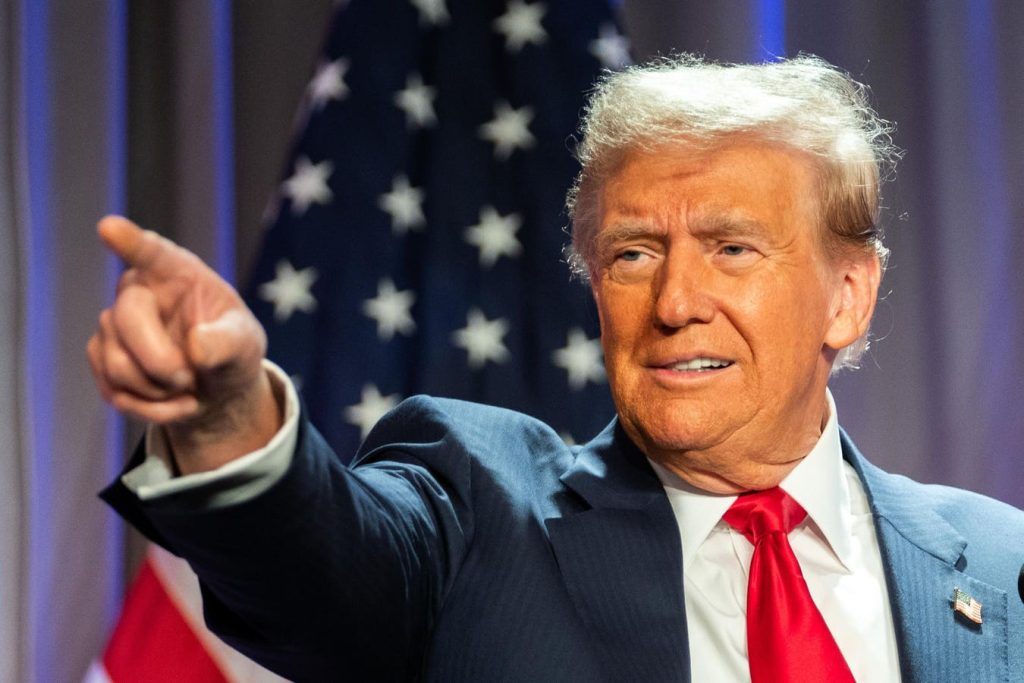This Tax Notes Talk podcast episode features an interview with Scott Levine, former U.S. chief OECD tax negotiator, discussing the implications of President Trump’s executive order on the global tax deal and its potential impact on the OECD’s two-pillar reforms. Levine expresses concern about the executive order, which calls for a review of the global tax agreement reached under the Biden administration, but emphasizes that it doesn’t explicitly withdraw the U.S. from the OECD or the two-pillar project. He highlights the potential paths the new administration could take, including attempting to dismantle the pillar 2 system, imposing retaliatory tariffs, or renegotiating a more favorable deal for the U.S. Levine acknowledges the significance of the undertaxed profits rule (UTPR) as a key enforcement mechanism within pillar 2, recognizing the challenges in achieving widespread adoption without U.S. participation. He suggests potential solutions such as exempting the U.S. from the UTPR or finding ways to reconcile the U.S. tax system with the global minimum tax rules.
A significant portion of the conversation revolves around the technical aspects of pillar 2, including the treatment of the U.S. research and development (R&D) credit and the design of a permanent safe harbor. Levine acknowledges the ongoing negotiations surrounding these issues, emphasizing the need to strike a balance between providing relief for taxpayers and maintaining the integrity of the global minimum tax system. He also discusses the challenges of issuing administrative guidance for such a complex system, noting that the Treasury Department is still issuing guidance for tax laws enacted decades ago. Levine expresses disappointment that certain regulations, such as the section 45O1 buyback excise tax regulations and the section 892 sovereign wealth fund regulations, were not finalized before the change in administration, but hopes the new administration will address them.
The interview also explores the potential consequences of worldwide pillar 2 adoption without U.S. involvement, raising concerns about a potential return to a “race to the bottom” on corporate tax rates. Levine expresses bewilderment at the aversion of some U.S. multinationals to pillar 2, arguing that it creates a more level playing field compared to the previous system where only U.S. multinationals were subject to worldwide taxation. He contends that by adopting pillar 2, other countries are essentially adopting a form of worldwide taxation, bringing them closer to the U.S. system. He emphasizes the need to address the “rough edges” of pillar 2, such as the potential for double taxation of the R&D credit, in order to make it more palatable to U.S. businesses.
Turning to pillar 1, Levine discusses the implications of the executive order for amount B, which deals with the simplification and standardization of transfer pricing rules for baseline marketing and distribution activities. He expresses hope that amount B can achieve bipartisan support, highlighting its potential benefits for both taxpayers and tax administrations. He notes that progress had been made on an optional amount B, with the U.S. issuing guidance towards the end of the Biden administration, but that challenges remain in reaching agreement on a mandatory amount B. Levine also touches on the ongoing issue of digital services taxes (DSTs), acknowledging the difficulty of designing nondiscriminatory DSTs and emphasizing the need for a comprehensive set of rules to address the taxation of digital services.
Levine offers practical advice for taxpayers and practitioners grappling with the uncertainty surrounding the executive order, recommending that they adhere to existing law until any changes are formally implemented. He acknowledges the difficulties in tax planning under such uncertain conditions and anticipates a pause in pillar 2-related planning until the situation becomes clearer. He also discusses the broader implications of the executive order for multilateralism, expressing concern about a potential decline in U.S. engagement with international organizations like the OECD. He emphasizes the benefits of multilateralism for the U.S., citing its role in promoting important principles such as exchange of information.
Reflecting on his time at Treasury, Levine expresses pride in his accomplishments and highlights the dedication and expertise of the International Tax Counsel (ITC) staff. He describes the demanding nature of the role and the constant need to respond to unexpected challenges. Levine offers advice to his successor, stressing the importance of appreciating the ITC staff, listening to counterparts from other countries, and enjoying the unique experience. He concludes by stating that he will take some time off before deciding on his next endeavor. The episode provides valuable insights into the complex political and technical landscape surrounding international tax reform and the potential challenges ahead.

